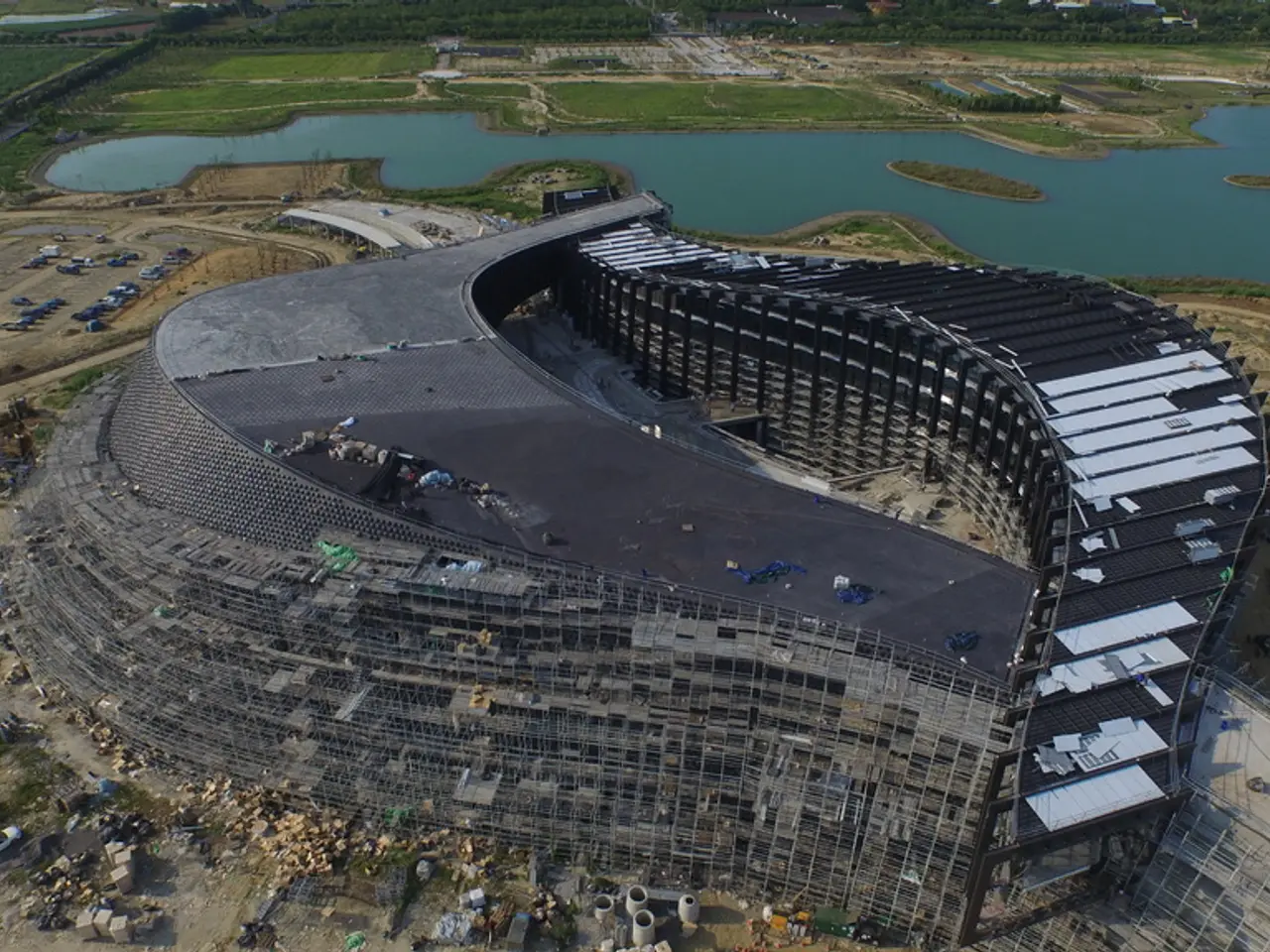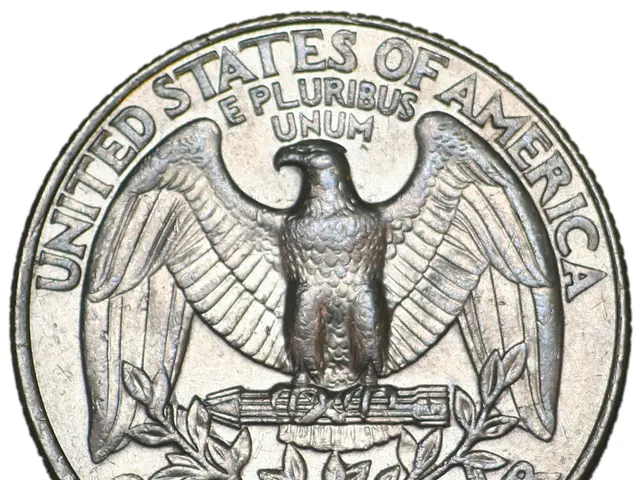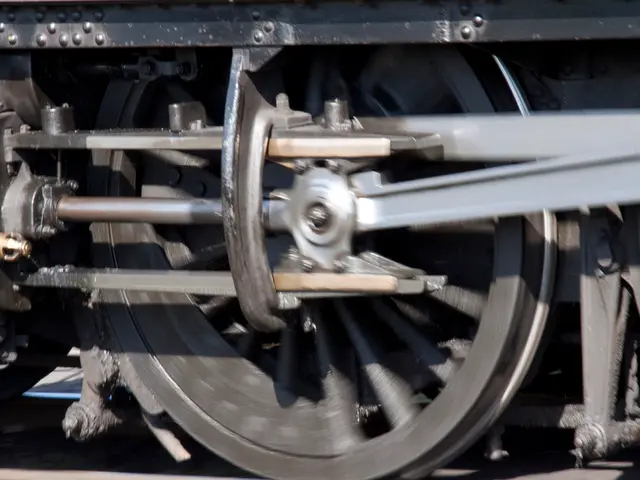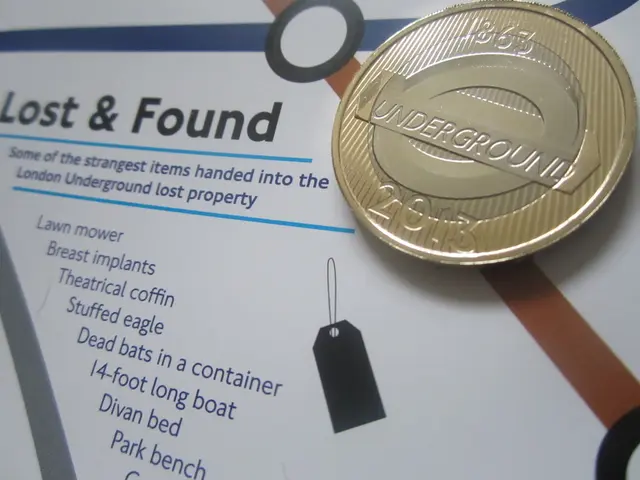Landlord's Double Rent Burden: Exploring the Reasons Behind Paying for Two Apartments Despite Occupying Only One.
In Russia, property ownership comes with a set of clear responsibilities, as outlined in the Russian Civil Code, the Housing Code, and the Rules for the Provision of Communal Services. These legal frameworks govern property ownership, maintenance, and communal services across the country.
As a property owner, you are obliged to maintain and repair all the apartments you own, regardless of whether you reside in them or not. This includes ensuring each apartment meets safety and hygiene standards and carrying out necessary repairs that fall under your duties. If your apartments are part of a multi-apartment building, you must also pay your share of the maintenance costs for common property, such as stairwells, roofs, elevators, and utilities serving the common areas.
When it comes to utility bills, you are responsible for paying for each apartment you own, whether or not the apartment is occupied by yourself or rented out. The billing typically depends on the actual consumption metered per apartment or a normative standard if meters are absent. Even if certain apartments are not occupied, you remain liable for basic service fees, such as heating supply during the winter, unless the apartments are officially excluded from service through proper procedure.
One group, Yakutskecoseti, based in Yakutia, Russia, is currently investigating the matter of paying for maintenance services and utility bills for all living spaces when only residing in one. Despite the non-use of living space not being a reason for exemption from these payments, the group continues to explore this issue further.
There is, however, an exception for properties without permanently or temporarily residing citizens, in which case only the service for the handling of solid communal waste needs to be paid. The volume of this service is calculated based on the number of owners of the premises, as stated in the Rules for the Provision of Communal Services.
In summary, both the Russian Civil Code and Housing Code establish that property ownership carries full financial responsibility for maintenance and utilities of all owned dwellings, irrespective of actual residence. Failure to fulfill these obligations may result in penalties and enforcement actions by service providers or the homeowners association.
For more detailed information, consulting the Housing Code Articles 153–161 (owner rights and duties) and Civil Code provisions on property ownership liabilities is advised.
- While exploring ways to reduce maintenance and utility expenses, one may consider investing in real-estate businesses that offer potential returns, given the financial responsibilities associated with property ownership in Russia.
- When managing multiple properties, strategic finance planning is crucial to cover costs related to maintenance, utilities, and investing in property improvements, as per the rules outlined in the Russian Civil Code and Housing Code.





